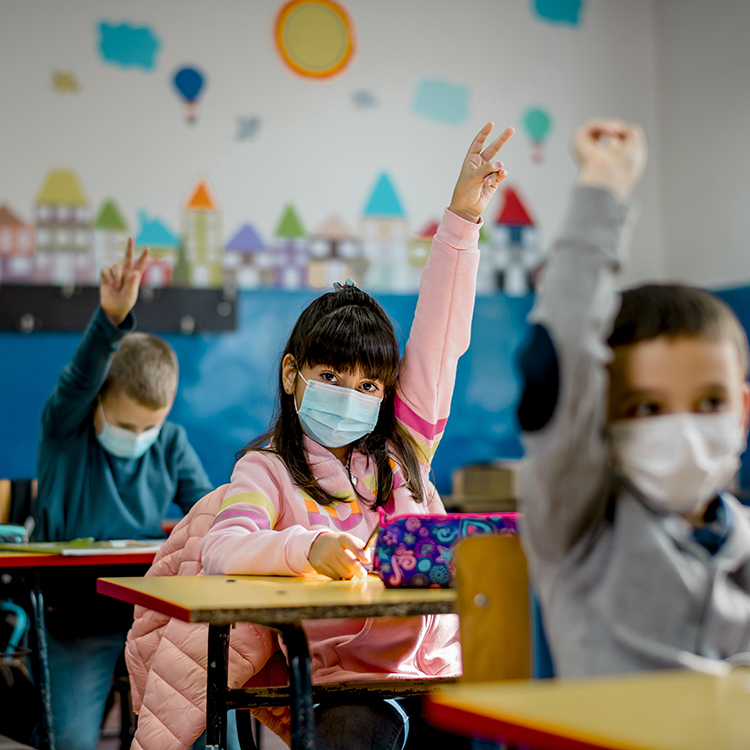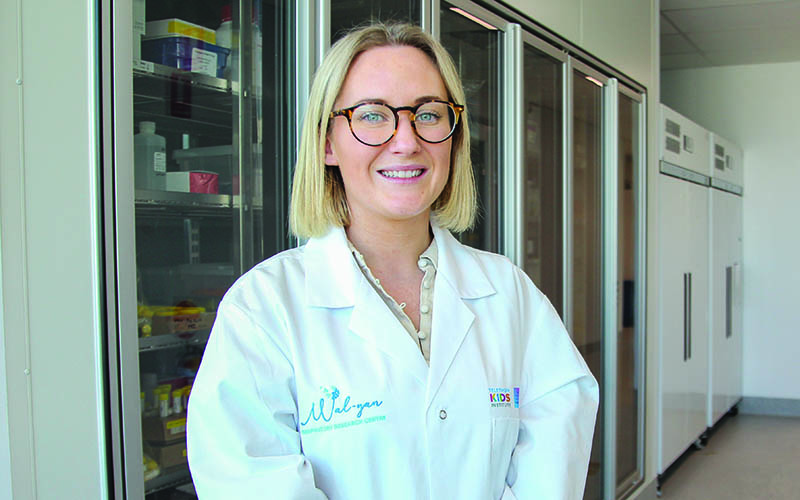Search
Research
Indigenous Australian perspectives on the perinatal period: Social well-being, culture and early infant attachmentsAlthough social factors and culture are significant determinants of health in Aboriginal and Torres Strait Islander peoples, little is known academically about key interpersonal and social experiences of this population during the perinatal period, or how early attachments are formed through culture. This study addressed this gap in the literature.
Research
Effectiveness, efficacy, acceptability, and feasibility of trauma-informed depression, anxiety, and substance use prevention programs for young people aged 12–25 yearsMental ill-health and substance use bear significant public health burden on young people. Prevention is key. Trauma-informed approaches to prevention of mental ill-health and substance use demonstrate significant promise, yet it is unclear how well existing approaches work for young people targeting mental ill-health and substance use. This review aimed to assess the effectiveness, feasibility, and acceptability of trauma-informed mental ill-health and/or substance use prevention programs for young people.
Research
Pushing the boundaries of rare disease diagnostics with the help of the first Undiagnosed HackathonTimo Lassmann BSc (Hons) MSc PhD Feilman Fellow; Head, Precision Health Research and Head, Computational Biology timo.lassmann@thekids.org.au
Research
Neurodivergence, intersectionality, and eating disorders: a lived experience-led narrative reviewAutistic people and those with attention deficit hyperactivity disorder are at a high risk of developing an eating disorder. While there is limited evidence on the relationship between other forms of neurodivergence and eating disorders, research suggests associations between giftedness, intellectual disability, obsessive-compulsive disorder, psychosis, Tourette's syndrome, and disordered eating.
Research
Global change, climate change, and asthma in children: Direct and indirect effects - A WAO Pediatric Asthma Committee ReportThe twenty-first century has seen a fundamental shift in disease epidemiology with anthropogenic environmental change emerging as the likely dominant factor affecting the distribution and severity of current and future human disease. This is especially true of allergic diseases and asthma with their intimate relationship with the natural environment.
Research
Perturbation of the T Cell Compartment Underlies Rheumatic Fever PathogenesisThis prospective cohort study, which recruited participants with definite ARF in Australia and Aotearoa New Zealand, profiled circulating immune molecules and cells to inform disease mechanisms and future druggable pathways.

With the number of COVID-19 infections in Western Australia continuing to grow – including confirmed cases in children – The Kids Research Institute Australia understands that our community is growing increasingly worried.

Findings from the Banksia Hill Project revealed 89% of young people in detention who were assessed as part of the project had at least one form of severe neurodevelopmental impairment.

Researchers have made a world-first discovery on how to prevent severe respiratory infections in babies.
It's normal for children and teenagers to experience a range of emotions, including sadness, however childhood depression is more than just feeling sad.
